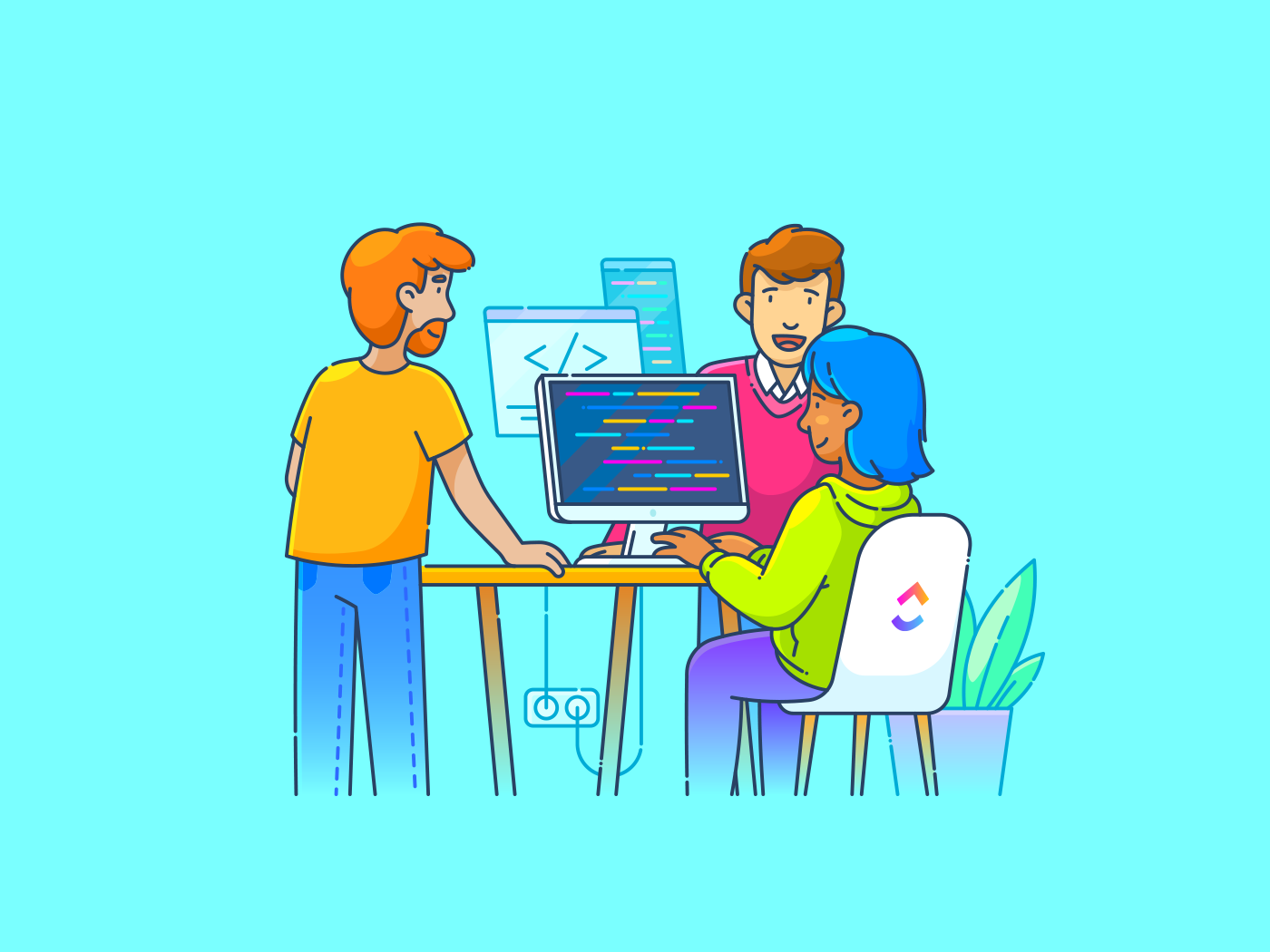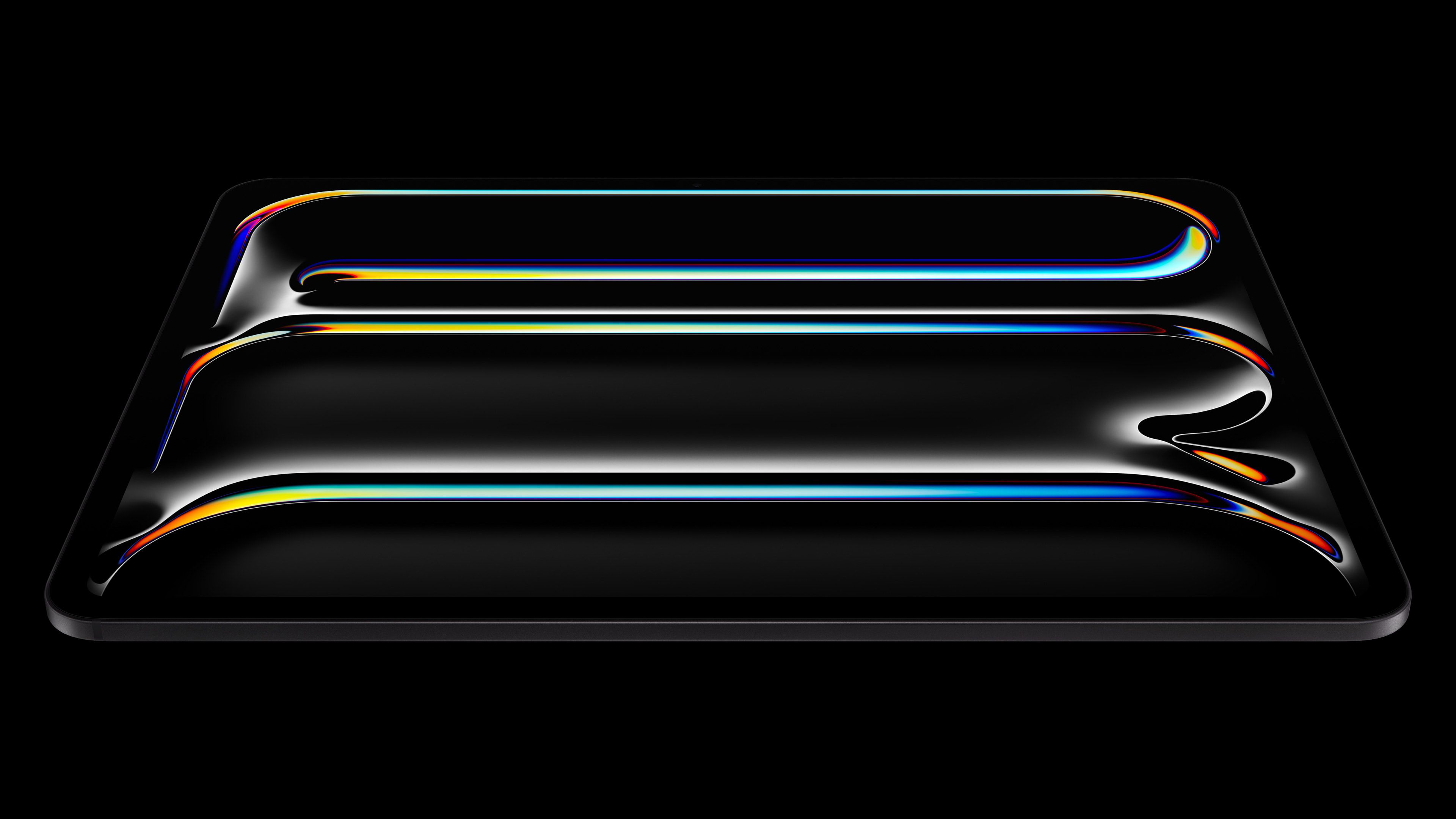Apple long fought allowing ‘side loading’ of iPhone apps from online shops others than the App Store, but made a concession in Europe due to landmark digital law there Copyright AFP Kenzo TRIBOUILLARD
Many popular phone cleaner apps share user data with third parties (such as data brokers or thirdparty advertising networks), potentially increasing spam calls and highly targeted ads. This is the outcome of a review of such software conducted by Surfshark. These apps are primarily designed to optimise device performance by removing unnecessary files and managing storage.
The analysis of the ten most popular phone cleaner apps, reveals that they collect information such as contact details, photos and videos, browsing history, and precise location. Moreover, 20 percent of phone cleaner apps also collect and share user location data with third parties.
Be careful what you download
“In order to delete data from your phone, phone cleaner apps may receive permission to analyse your files, browse your list of installed apps, and even access other data, such as precise location or browsing history. Since users run phone cleaner apps only occasionally, these companies often rely on collected data for revenue, which may be shared with advertisers, data brokers, or other entities interested in user behaviour, ” Tomas Stamulis, Chief Security Officer at Surfshark explains in a statement sent to .
A commonality is where each phone cleaner app tracks user data. Tracking refers to linking user or device data collected from the app with thirdparty data for targeted advertising or advertising measurement purposes or sharing it with a data broker.
What happens to shared data?
Once shared, this data can potentially end up in the hands of hundreds of partners, who are free to use it for their own purposes — such as serving highly targeted ads. These data then can be used to deliver highly targeted ads or analyse behavioural patterns across different demographic groups.
The report finds that 90 percent of cleaner apps share identifiers such as User ID and Device ID, while 70 percent go on to share these identifiers along with additional data like location, purchase history, product interactions, and more.
Interestingly, 20 percent of phone cleaner apps also collect and share user location data with third parties.
The app that shares the most data is “Cleaner Kit” by BPMobile, which shares nine types of user data with third parties. These include precise location, coarse location, user ID, device ID, purchase history, product interaction, advertising data, other usage data (related to user activity in the app), and other data types.
Privacy settings
Stamulis recommends to users that before using a phone cleaner app, check its privacy section on the app store to see what data it collects. Alternatively, you can clean your phone manually without an app. For example, on iPhones, regularly delete unwanted photos and videos, then clear the Recently Deleted folder. Lowering the Camera app’s image quality can also save space.
In addition, for apps, consider deleting or offloading ones you no longer use. The iPhone Storage menu in Settings lets you view apps by size or last used date, helping you decide what to remove.








